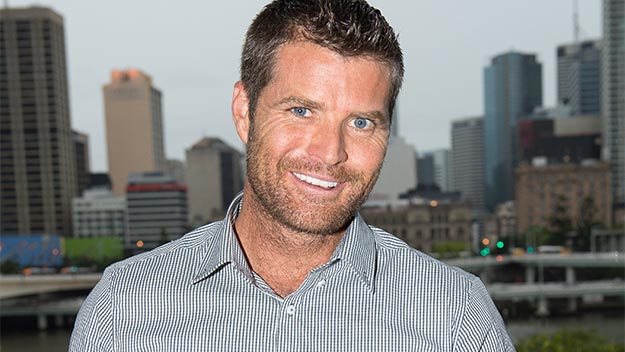A small placebo study of 44 autistic teenagers and young adults with moderate to severe autism found that almost two thirds of them exhibited improvement in both behaviour and communication skills within four weeks of taking sulforaphane – a molecule found in certain foods.
The researchers at Johns Hopkins University School of Medicine have found evidence that some of the subjects in the male-only study seemed less irritable and tired; more motivated, able to communicate better and had less repetitive movements than before they took the drug.
“When we broke the code that revealed who was receiving sulforaphane and who got the placebo, the results weren’t surprising to us, since the improvements were so noticeable,” the study’s co-author Andrew Zimmerman, a professor of Pediatric Neurology told the UK’s Telegraph.
“The improvements seen on the Social Responsiveness Scale were particularly remarkable, and I’ve been told this is the first time that any statistically significant improvement on the SRS has been seen for a drug study in autism spectrum disorder.”
However, the researchers, who published their results online at the PNAS, conceded that the drug didn’t appear to work on everyone.
“About one third had no improvement – and the study must be repeated in a larger group of adults and in children, something we’re hoping to organise soon,” said Zimmerman.
Sulforaphane was first isolated in the 1990s and was found to have some ability to boost the body’s defence against oxidative stress, inflammation and DNA damage.
The study’s findings have been welcomed by some health experts and autism organisations.
“Sulforaphane is a safe intervention and certainly worth a larger controlled trial,” Richard Mills, Research Director at Research Autism, told the UK’s Telegraph.
But Dr Rosa Hoekstra, Lecturer in Psychology, at The Open University, told the newspaper that because of the size of the study the findings shouldn’t be taken as gospel.
“It is impossible to draw firm and generalizable conclusions based on such a small and selected group of participants,” Dr Hoekstra said.
“As things stand, parents of a child with autism should not feel guilty if their child refuses to eat broccoli.”


